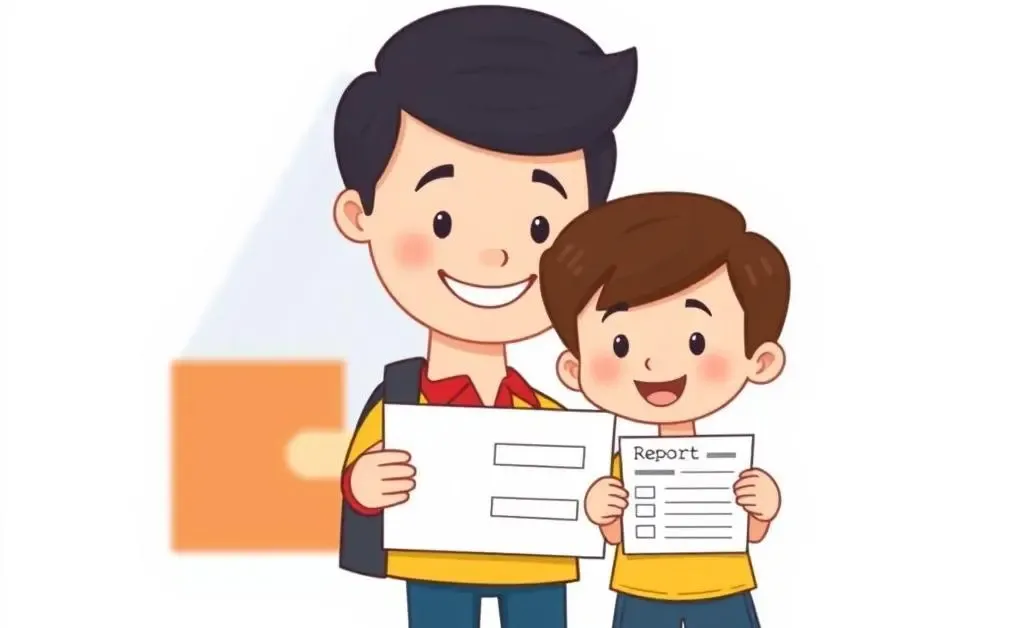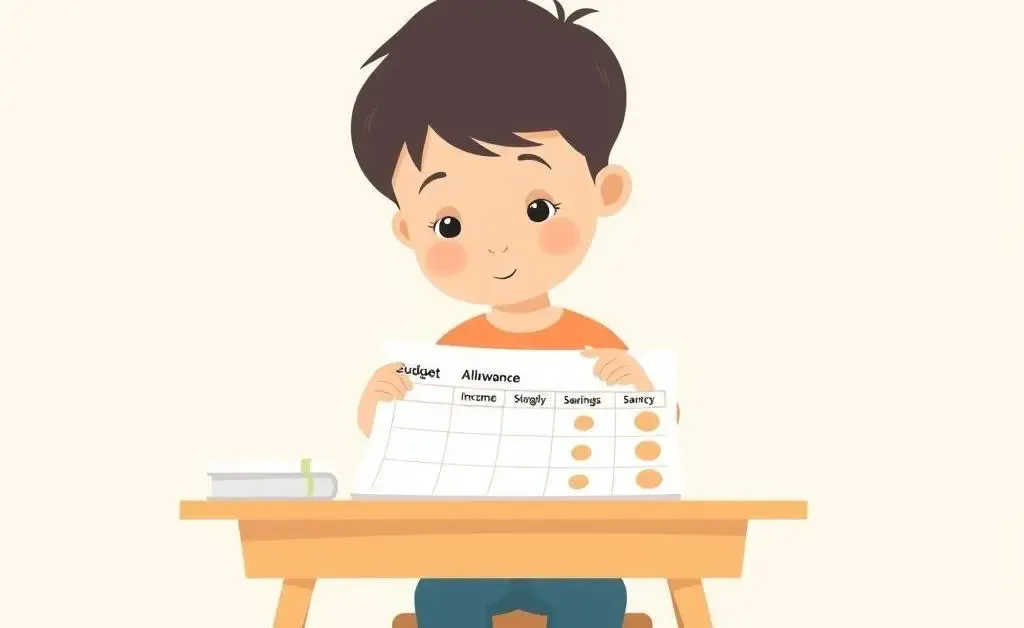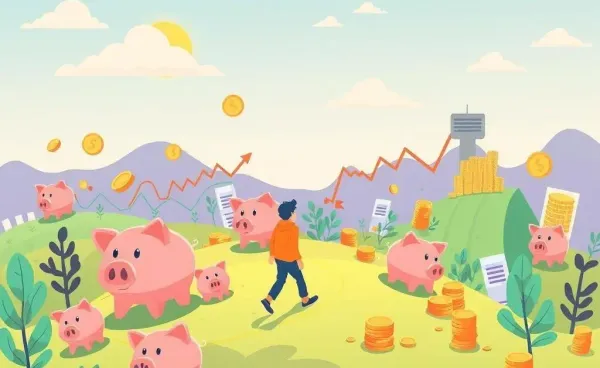Why Rewarding Kids for Grades Could be Their First Money Lesson
Explore how rewarding kids for grades encourages good financial habits.

We all want the best for our kids, don’t we? As a parent, instilling values of responsibility and hard work seems like a top priority, especially when it comes to education. Lately, I’ve been wondering about a topic that has been floating around in many households — should we reward our kids for good grades?
Offering money for grades may initially seem like an effective motivation tool, but delving deeper, it might be more than just that. It can be an introduction to financial literacy, a stepping stone towards a more responsible adulthood.
Understanding Motivation: More Than Just Money
Motivating children can be tricky. What works for one child might not work for another. Rewards are just one way to encourage kids to strive for excellence, but it’s important to strike a balance. We wouldn’t want them to believe that the only reward for hard work is money, would we?
Consider it as part of a larger conversation on achievement and effort. Kids who view rewards as a positive reinforcement often develop a stronger appreciation for their own hard work. Motivational strategies can be combined with conversations about the value of perseverance and learning.

First Financial Lessons
This approach provides an excellent opportunity to open discussions about budgeting, saving, and spending. Just imagine — after rewarding your child for straight As, hand them a little piggy bank. Say something like, "This part is for saving, and this is for spending on something fun." It’s a simple yet effective start to personal finance education.
You might be surprised at how quickly they grasp the concepts of allocation and planning. Try devising a small budgeting activity together. It teaches them responsibility and the value of delaying gratification, which are essential life skills.
Practical Steps for Parents
- Set clear, realistic expectations for what constitutes "good performance."
- Discuss the importance of effort and learning, not just the end result.
- Create a "report card" savings plan together to decide where the money goes.

A Balance Between Encouragement and Expectation
The goal isn’t to make kids totally dependent on receiving rewards for every single achievement but offering rewards as part of a broader strategy to encourage positive values. Try not to underestimate the power of verbal praises like "I’m proud of how hard you worked!"
Indeed, children are constantly learning, and every experience shapes their understanding of the world. It’s possible that your reward techniques today may influence how they see money and motivation in the future. Encouragement is, after all, about nurturing potential.
Final Thoughts
So next time report card season comes around, why not have a chat about what the grades mean, and if it fits for your family, consider rewarding those grades. Teaching them the value of hard work and prudent financial habits is one gift that truly keeps on giving.
Enjoy this journey with them — who knows, you might learn a thing or two along the way!





